Jan Czerwiński
Рождение : 1928-05-11, Łódź, Poland
Смерть : 2004-11-15
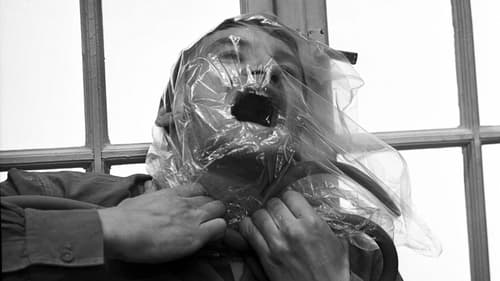
Sound Designer
The reunion of a group of former medical students results in a flood of bitter memories.
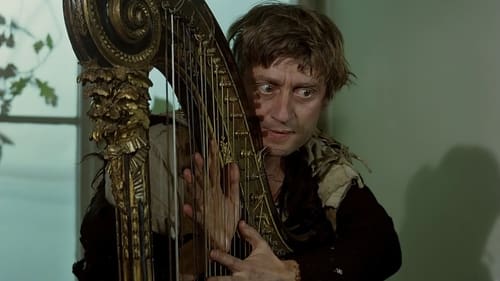
Sound
Set in 1944. A shepherd boy enters an abandoned palace he has seen only from the distance since he was a boy. Once he enters the palace, strange things begin to happen as though he was dreaming the events rather than living them.

Sound
An officer stationed in a remote Ukranian outpost at the end of the First World War is dying of consumption. Suffering from feverish dreams and hallucinations, he begins to collect religious art and attends seances.

Sound
In 1931, just before the New Year, in a house of architect Henryk Zaremba scream rips the night. The daughter of Zaremba is found killed in her bedroom, obviously killed with a pickaxe. The police arrives and starts the investigation. Rita Gorgonova, the governess of the girl and also lover of Zaremba becomes the main suspect. Film based on real events - investigation and court trials of the most famous pre-war Polish murder case. Despite being historically accurate the movie is both involving and entertaining since the case was simple on the surface, but very complicated in details.
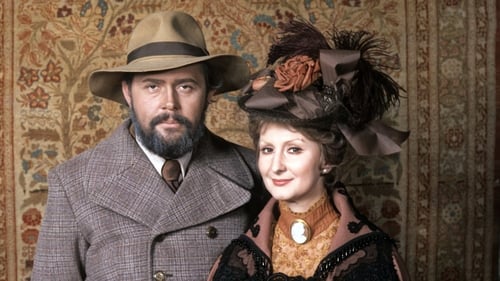
Sound
Nights and Days is a family saga of Barbara Ostrzenska-Niechcic, (played by Jadwiga Baranska) and Bogumil Niechcic, (played by Jerzy Binczycki) against the backdrop of the January Uprising of 1863 and World War I. The film is a rather straightforward and faithful adaptation of a novel by Maria Dabrowska with the same title. The plot is woven around the changing fortunes of a noble (upper-class) Niechcic family in the pre-WWI Poland. There are two main crossing threads: a social history one and an existential one. The cinematographic version is a condensation of the 12 part award winning TV serial of the same title and using the same cast and producers.

Sound
A psychological drama film based on a story by Karol Ludwik Koniński.

Sound
The footloose ennui of Poland’s postwar generation is captured to perfection in this jazzy chronicle of a draft-dodger’s final day of freedom. A slacker before there was a word for it, Andrzej (played by Skolimowski himself) drifts through a series of open-ended encounters with women following a wake-up argument with his pouting wife, and a long-delayed military physical (the film’s title derives from one of the questions). Skolimowski hoarded four years’ worth of the annual film footage allotment from his Lódz film school in order to create this first feature marked by compositional bravado and a trademark air of the absurd. -Barbara Scharres, Gene Siskel Film Center
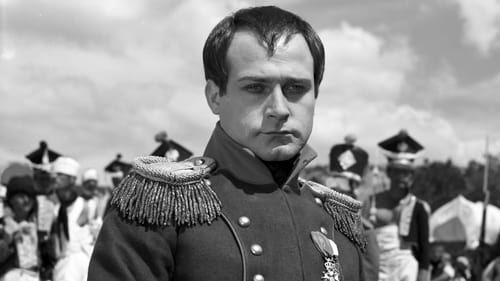
Sound
К концу 18 века, Польское государство оказывается под властью сразу трех стран — России, Австрии и Пруссии. Последняя надежда свободолюбивых поляков — французская армия, под чьи знамена добровольно встают герои фильма.
Однако участие в наполеоновских походах приводит не к долгожданной независимости и объединению Польши, а к позорному созданию вассального Варшавского герцогства. Судьбы героев исторической драмы так же трагичны, как и судьба, их родины.

Sound
It seems that nothing can ruin Henryk’s (Wienczyslaw Glinski) happy life. He’s a respected lawyer, he’s loved by his son and wife. One day, he receives a letter from the prosecutor’s office. He’s accused of collaborating with the Gestapo. It’s an echo of his past under occupation.

Sound
Krakow in the sixties. A doctor, though not having finished his studies, earns a living providing medical advice. A former nurse enters the stage, saying she hears voices from "the other world". At first, they can exploit gullible victims without problems, but soon the authorities start to show interest in these quacks.

Sound
All the ambiance of an old-fashioned circus comes across with great clarity in this otherwise routine psychological tale about a mean-spirited mime and his effects on his colleagues. The small, traveling circus has been sliding downhill for awhile, and unless some new life is infused into its acts, its future does not look very rosy. Into this precarious situation comes a new mime with the uncanny ability to sap the confidence of his fellow performers. If he continues for long in this vein, no one will be able to believe they have any talent left at all.
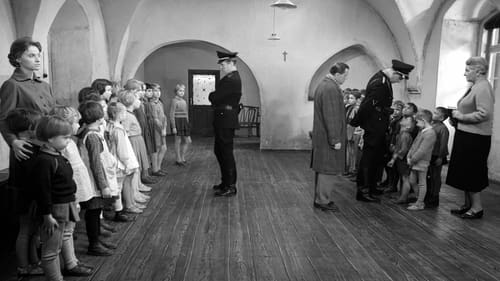
Sound
Фильм состоит из трех новелл: «На дороге», «Письмо из лагеря» и «Капля крови», которые повествуют о жизни и судьбе детей во время немецкой оккупации Польши.

Sound
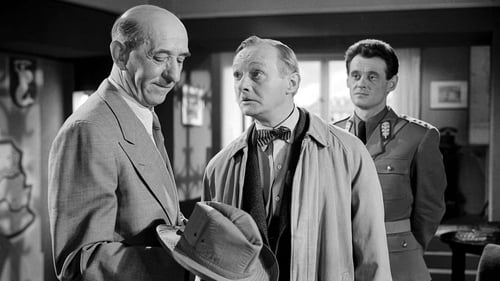
Sound
Скромный кассир Государственного страхового предприятия (PZU) пан Анатоль Ковальский, полностью находящийся под каблуком своей жены, покупает себе новую шляпу и оказывается участником весьма странных событий. После поездок в переполненном автобусе на работу и домой в кармане его плаща постоянно оказываются наручные часы (чаще дамские), браслеты и пр. Анатоль, естественно, обращается в комиссариат МО. Расследование показывает, что, как и следовало ожидать, все дело в шляпе...

Sound
В открытом море умирает капитан Мартенс. Перед смертью передает своему воспитаннику Павлу тетрадь, в которой записал свой морской опыт. Вокруг тетради растет атмосфера тайны. Подозревают, что в ней Мартенс описал место, где спрятаны сокровища. Доходит до кражи тетради, но во время драки она падает в море...
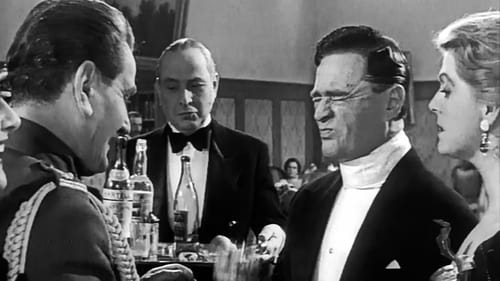
Sound
На балу у премьер-министра самым популярным гостем был случайно попавший сюда безработный провинциальный актёр Никодем Дымза, которого приняли за крупного бизнесмена. Все позабыли о веселье и музыке и изыскивали любые способы, чтобы познакомиться с ним.
Карьера Никодема Дызмы была поистине необыкновенна. В силу случайного стечения обстоятельства он попал в «высший свет» и начал с головокружительной быстротой взбираться по политической лестнице довоенной Польши. Министры, промышленники, богатые авантюристы и другие высокопоставленные особы составляют теперь среду, в которой как свой человек вращается Дызма. Разоблачению этой среды, то есть, так называемого «высшего света», и посвящается комедия польских кинематографистов, снятая на основе популярного романа писателя Тадеуша Доленги-Мостовича.













